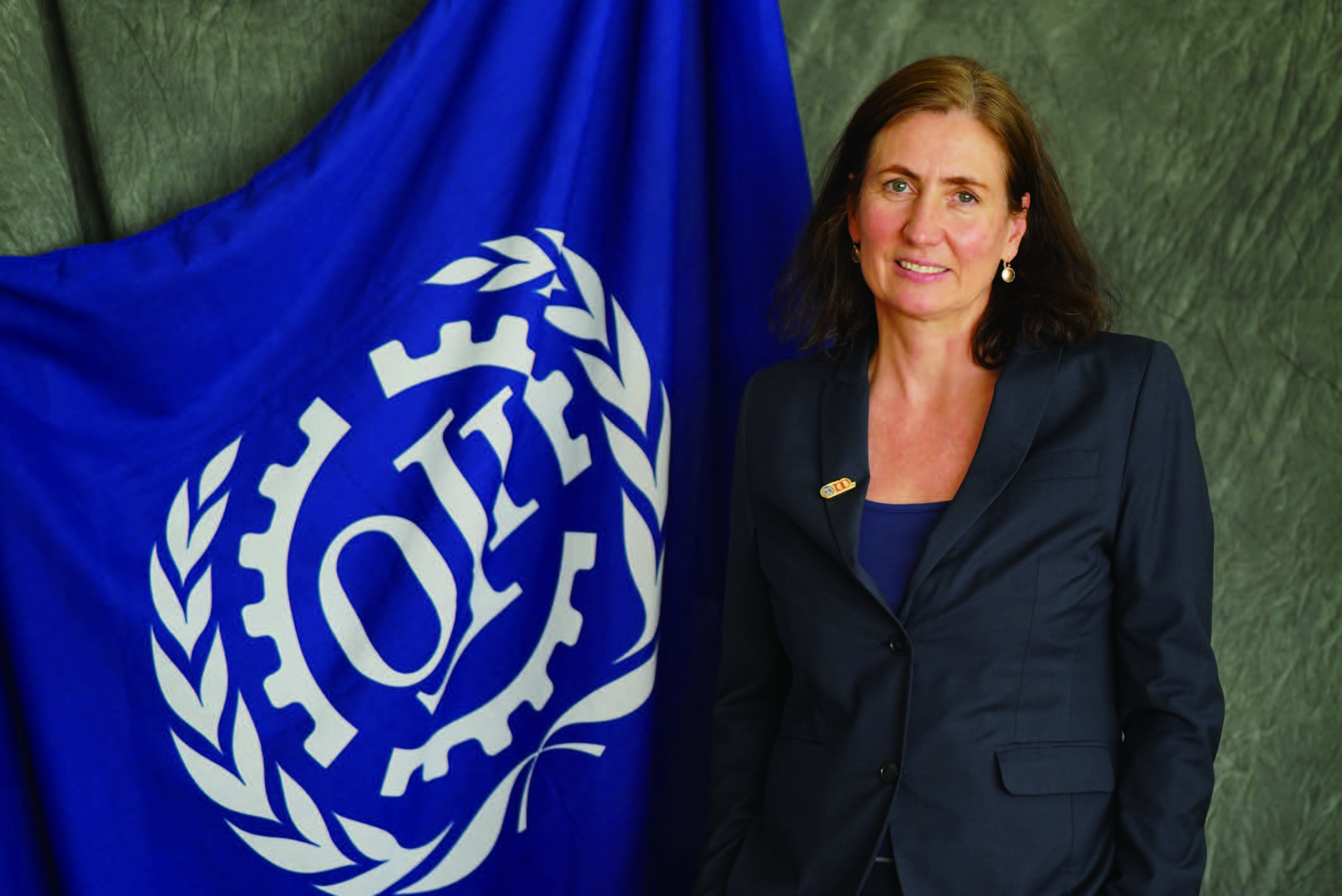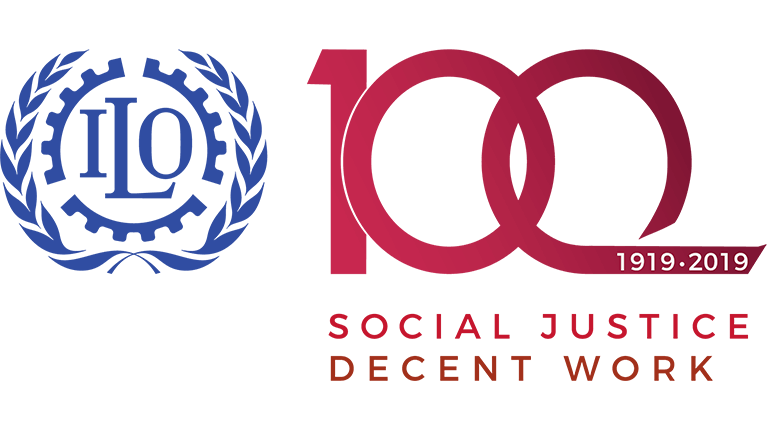Sustainable development and future of China
2019-10-17GoldenBeeClaire Courteille-Mu0

Claire Courteille – Mulder, Director of the International Labour Organization (ILO) Country Office for China and Mongolia
China has made impressive progress since the founding of the People's Republic 70 years ago. Following the launch of the Reform and Opening-up policy in the late 1970s, China followed a unique development path, fuelled by a strong economic growth paired with investments in people. On the social front, significant measures were taken to promote job creation, improve labour standards and extend social protection to the whole population. Through these measures, the benefit of economic growth progressively translated into improved living conditions and almost 800 million people were lifted out of extreme poverty. By prioritizing employment, the government has maintained a relative stability in the labour market over time. In the last decade, more than 10 million jobs were created annually. Working conditions, including wages, have also been significantly improved. In parallel, the building of a comprehensive social protection system for 1.3 billion people has been a major achievement. Today, the engine of China's economy is moving away from a low-cost manufacturing export production toward the production of high value technology-based goods and services responding to both internal and international demands. This shift is actively supported by policy and investments aimed at stimulating R&D, innovation and skills developments.
There remain however important challenges to be addressed in the socio-economic area for which the 2030 Development Agenda provides useful guidance. Pressing needs focus on reversing the trends in environmental degradation and rising inequalities. The government has taken up these two sustainability challenges and responsive measures are being implemented both at the national and provincial levels. Yet more needs to be done, despite a rather difficult context characterized by a rapidly ageing population and an unpredictable international economic environment.

From an employment perspective, a sustainable agenda would require ensuring that labour laws and social security adequately protect all workers - regardless of their forms of employment. This was one of the conclusions of the World Commission set up by the ILO last year, to reflect on the future of work. The recently adopted ILO Centenary Declaration goes in the same direction by inviting all countries to develop a human-centered approach in the world of work with strong investments in jobs, skills and protection.
Today, new business models are generating new forms of work including through the intermediation of labour platforms. This new source of job creation is most welcome but there is a need to look at the quality of the jobs being generated. Policies are needed to help workers in new and non-standard forms of employment to exercise influence over their working conditions, strengthen their voice and build harmonious labour relations, thereby contributing to inclusive growth and the reduction of inequalities.
Today, new business models are generating new forms of work including through the intermediation of labour platforms. This new source of job creation is most welcome but there is a need to look at the quality of the jobs being generated. Policies are needed to help workers in new and non-standard forms of employment to exercise influence over their working conditions, strengthen their voice and build harmonious labour relations, thereby contributing to inclusive growth and the reduction of inequalities.

Improvements could also be brought to the social protection system through revisiting the adequacy of the benefits, especially for the migrant workers' population, and strengthening the funds' financial sustainability. Closing implementation gaps in the Social Insurance Law, reducing the segmentation among social protection programmes and ensuring the portability of social security rights nationwide, could also be important elements of a sustainable social agenda targeting inequalities.
Chinese people can be proud to celebrate the 70th anniversary of the People's Republic at a time when extreme poverty is being eradicated in the country. The next challenge is to ensure that the remarkable improvements in people's living conditions are sustained over time. This requires the government to put sustainability at the heart of its policy-making. The well-being of future generations depends on it!
As mandated by its Centenary Declaration, the ILO stands ready to work with its Chinese partners to strengthen social justice and decent work for all, thereby contributing to a future that is sustainable, fair and inclusive, with no one being left behind.
(Translated by GoldenBee, the Chinese version of this article is issued on China Sustsinability Tribune wechat account)
(Images in this article are from the Internet)
Best Practices
- The 100-year brand — Air Liquide also has a sense of juvenile
- Beijing Public Transportation Corporation: Developing green transportation to build a harmonious and livable capital
- CGN: Building a modern factory in barren deserts and developing a new win-win cooperation model along “Belt and Road”
Upcoming Event

All the materials on the site “Source: XXX (not from this site)” have been reprinted from other media. They do not imply the agreement by the site.
All the materials with “Source: CSR-China Website” are the copyright of CSR-China Website. None of them may be used in any form or by any means without permission from CSR-China Website.
GoldenBee Official WeChat
Copyright © Csr-china.net All Right Reserved.
京ICP备19010813号










